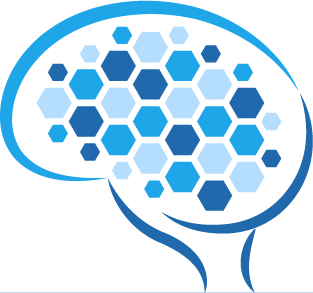Contribute
The GENESIS Consortium is dedicated to advancing the understanding of serious mental and neurological disorders by constructing a comprehensive cell type-specific quantitative trait loci (QTL) atlas for the human brain. This atlas is essential for identifying the genetic mechanisms driving gene dysregulation in disorders such as Alzheimer’s disease, Parkinson’s disease, and schizophrenia. To achieve this goal, we rely on contributions from our collaborators and the broader scientific community.
Contribution Process
To begin contributing, please request to become a contributor by filling out this form for eligibility.
Data Submission:
Submit cell type-specific data, including single-cell/nucleus RNA sequencing, genotype data, and metadata, following consortium standards.
Quality Control:
Submitted data will undergo rigorous quality control before being analyzed to derive cell type-specific QTLs for understanding disease mechanisms.
Data Integration and Analysis:
Data will be integrated with existing datasets to identify QTLs linked to gene expression and epigenome regulation. Data processing will be performed using pipelines built in the CAVATICA Data Commons (cavatica.org).
Resource Development:
Contributed data help create a cell type-specific QTL atlas, a valuable resource for prioritizing significant genes and pathways.
Data Sharing & Collaboration:
Preprocessed data will be shared with GENESIS consortium members in a secure, online collaborative workspace via the data platform Synapse, created and maintained by Sage Bionetworks.
Data contributions will also be eligible for free data storage and sharing through the AD Knowledge Portal, a public data repository that stores and shares data, analyses, and tools generated by multiple collaborative research programs focused on aging, dementia, and Alzheimer’s disease, funded by the National Institute on Aging (NIA) to enable open-science practices and accelerate translational learning.
All project outputs, including reprocessed data, analyses, and the QTL atlas created by the GENESIS consortium will be made available via the AD Knowledge Portal alongside source data. These resources will be made available for general research use according to the requirements for data access and data attribution.
By participating in this collaborative effort, contributors will help drive significant advancements in the understanding of serious mental and neurological disorders. Your contributions are crucial to the success of this project and to the broader mission of improving human health through scientific discovery.

